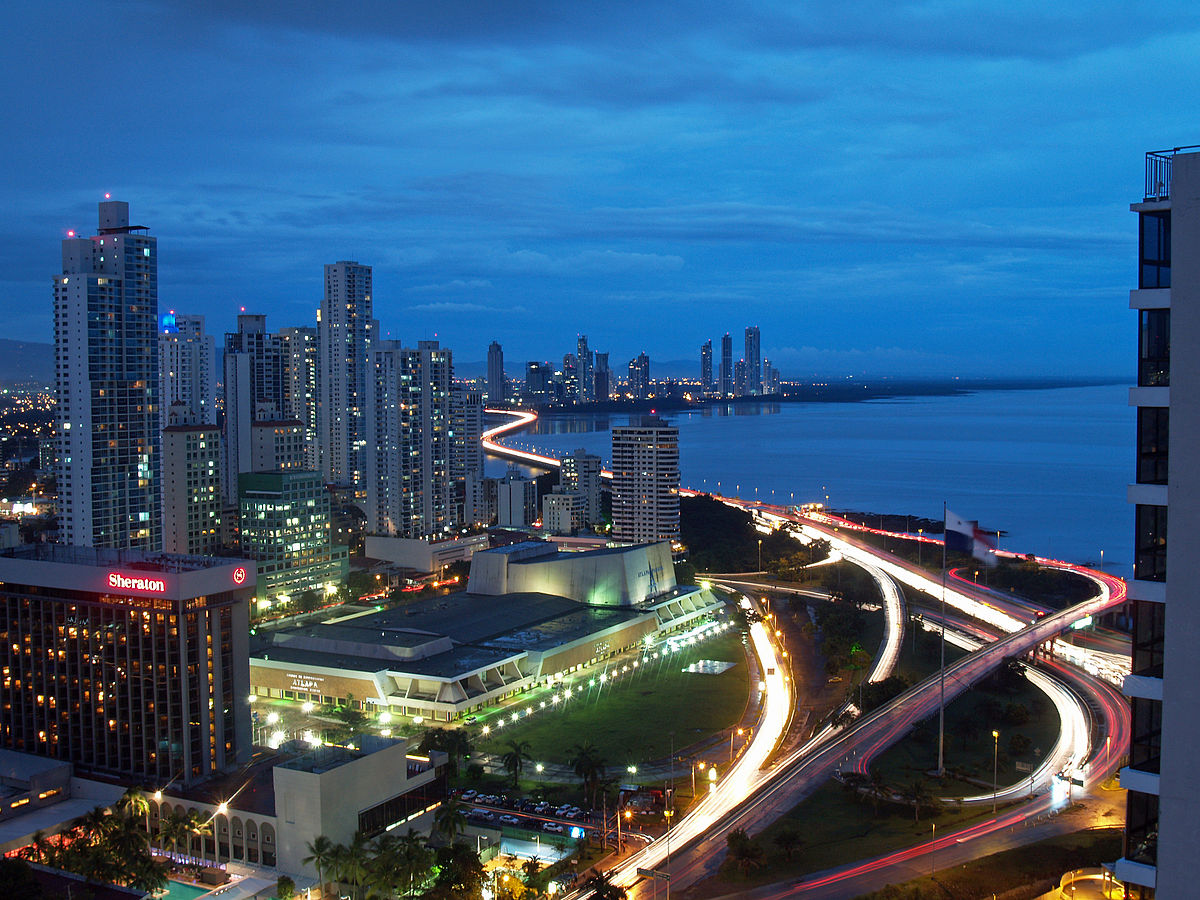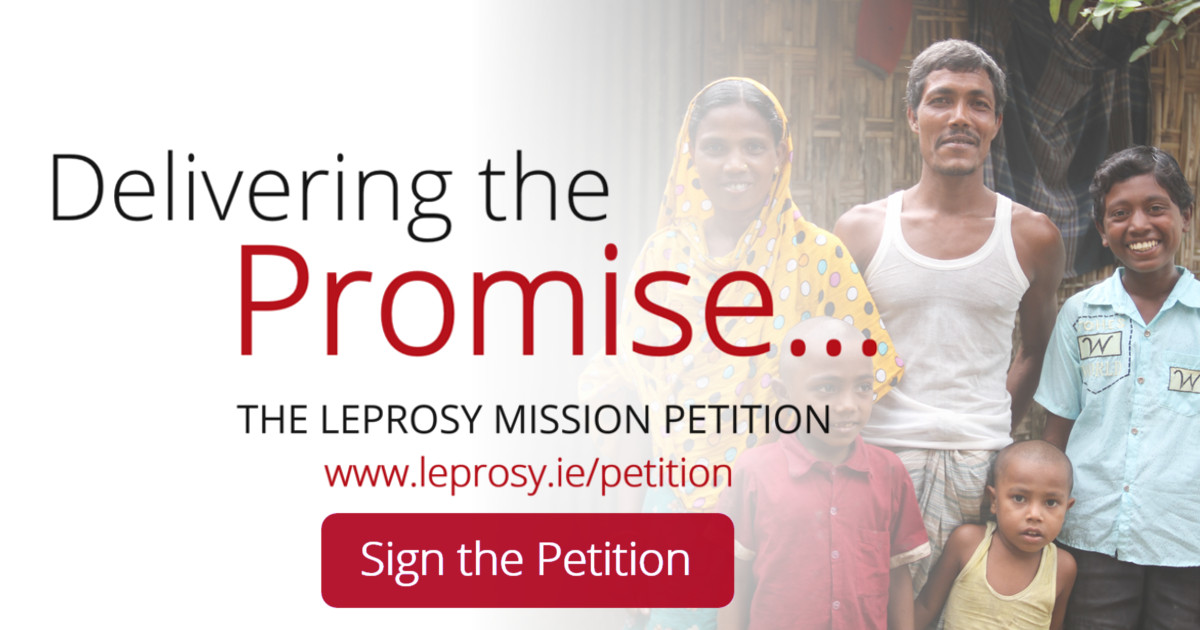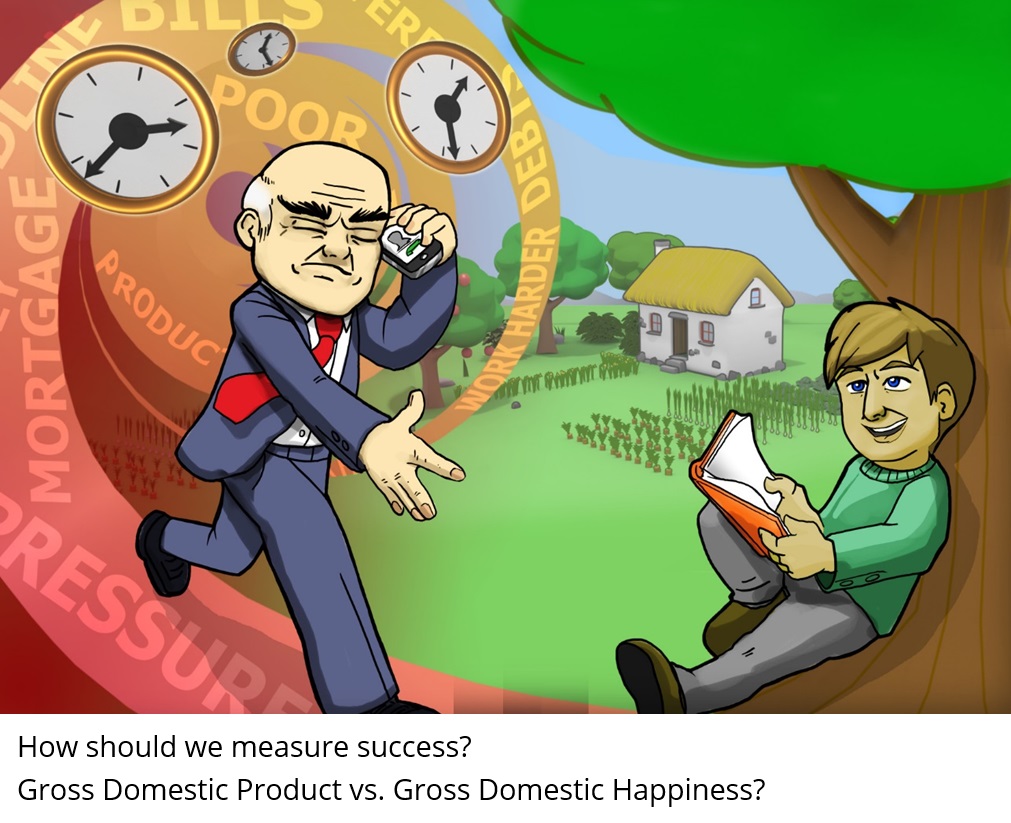When did you last see a headline celebrating a growth in GDP as a major success for a country? A falling GDP is part of what it means to be in ‘recession’ – that dreaded word that has haunted Western economies for the past few years. If a recession is severe enough (if GDP falls more than 10%), it becomes labelled the even more ominous term, ‘depression’. This brings back images of the hopelessness of the Great Depression earlier in the 20th century – and no wonder, as the term ‘depression’ is most widely known to refer to a psychological state of persistent low mood and sadness. According to the WHO, depression affects 350 million people worldwide, and is the ‘leading cause of disability worldwide’.[1]
We all have experience of the grating stress of financial worry and fear. Most of us can certainly conceive of how this can easily spiral out of control and lead to severe depression. Yet is finance fundamentally linked to happiness? Is it really as simple as depression leading to depression? (What a depressing subject!) From what is heard in the media, and the focus politicians place on ‘reducing the deficit’, ‘cutting spending’ and ‘stimulating economic growth’, one couldn’t be blamed from believing this to be the case.
Yet are we so focussed on finances that we forget what we’re really aiming for? When did you last hear a politician justify a policy by arguing, “It’ll bring happiness to thousands”? In fact, would we even disapprove if this was used as a justification? GDP is recognised to be limited even as a financial measure, since it is an average and thus doesn’t account for vast wealth inequality. A few very wealthy people can greatly increase the GDP of a nation without the very poorest benefiting in the slightest from this increase.
Panama: The happiest country in the world?
 |
| The happiest country? The Gallup-Healthways survey suggests Panama is notably ‘happier’ than Ireland, the UK and the USA. |
Yet what if our measure was, instead of GDP, GDH – “Gross Domestic Happiness”? Of course, this would be near impossible to objectify, but wouldn’t it be good if we could measure it? Various attempts have been made at this, including the “Gallup-Healthways Global Well-Being Index” in 2013. Interestingly, neither Ireland, nor the United Kingdom, nor the USA, appeared on its overall top 10 list. Instead, the first place was awarded, by a substantial majority, to Panama in Central America (followed by its neighbour, Costa Rica).[2] Yet how could this be so, as 25.8% of people here fall below the poverty line, and it only ranks 57th in terms of GDP per capita?[3]
Could it be that our perceptions of the link of wealth to happiness are not as accurate as we might think?
Laura Montenegro, the cultural attache for Panama, argues that part of the reason for this result is that, “Family bonds are very strong here, and on Sundays everyone still gets together,” meaning that, “…even when people are struggling they don’t feel alone.”[4] It is not finance or material wealth, but relationships, that are absolutely key to human well-being.
This is why diseases such as leprosy are so cruel. They literally destroy relationships. The age-old stigma attached to the disease is still, sadly, common, as it is perceived to be contagious and a threat to a community. Men, women and children who discover they have leprosy are often harshly rejected by their own family; they treat them as though they no longer even existed. Such isolation is a horror so inexpressibly intense that it drives some to even want to end their own lives. Furthermore, the embarrassment and risk of exclusion after diagnosis makes many cases of leprosy go forgotten by health authorities. Literally, they are forgotten people.
However, one of the greatest acts of kindness you can do for these people would cost you absolutely nothing. It is because of their situation that the Leprosy Mission Ireland is campaigning to work with the World Health Organisation to ensure people affected by leprosy are heard and prioritised in world health policies.
Yet we need your help. We need your voice in support to create enough political pressure to ensure real change happens in the WHO. Will you be part of our movement, aiming to find 100,000 people, who refuse to allow any man, woman or child to remain forgotten?
Stand against fear: Sign the petition
 If so, please sign our petition: If you have a passion for every person to be treated as worthy of family and friendship, then please add your voice here. Then, share with as many people you know as possible via Facebook, Twitter, Reddit and E-mail – or if you have any exciting ideas, just comment below and let us know, and we’ll get back to you! Thank you for being part of something which could genuinely transform the world for hundreds of thousands worldwide.
If so, please sign our petition: If you have a passion for every person to be treated as worthy of family and friendship, then please add your voice here. Then, share with as many people you know as possible via Facebook, Twitter, Reddit and E-mail – or if you have any exciting ideas, just comment below and let us know, and we’ll get back to you! Thank you for being part of something which could genuinely transform the world for hundreds of thousands worldwide.
Spread the word:
Sources:
[1] http://www.who.int/mediacentre/factsheets/fs369/en/
[2] http://blog.healthways.com/2014/09/country-well-being-varies-greatly-worldwide/
[3] ‘GDP per capita, PPP (current international $)’, http://data.worldbank.org/indicator/NY.GDP.PCAP.PP.CD?order=wbapi_data_value_2013+wbapi_data_value+wbapi_data_value-last&sort=desc
[4] http://www.theguardian.com/world/shortcuts/2014/sep/17/worlds-happiest-country-panama-overtake-denmark
